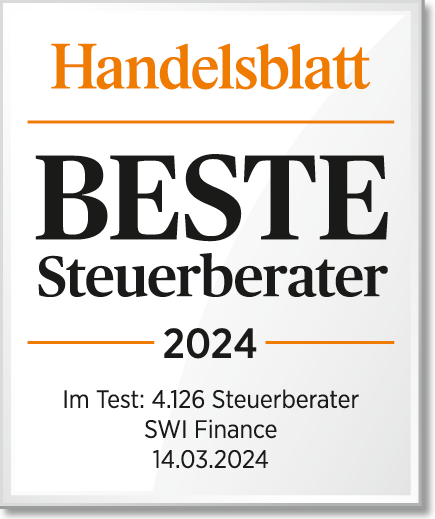- Companies
- International tax law
- Design & documentation of transfer prices
- Use of tax losses from home and abroad
- Annual financial statements - used strategically correctly
- Immigration step-up, a company moves to Germany
- Tax liability for sole proprietorships and partnerships
- Tax liability for Swiss corporations
- Permanent establishment
- Taxes in China
- International sales tax
- International employees
- Differences in labor law, tax law, social security law
- Working in the home office international
- Tax liability of employment income according to DTA
- Income tax for cross-border commuters, domicile abroad, without an employment contract
- Working in the employer's business premises
- Shares in partnerships and corporations
- Company formation/start-up
- Management consultancy
ServicesWith our work, we help our customers create long-term value and support them in growing responsibly and shaping digital change. We rely on data and the latest technologies in our services. - International tax law
- private customers
- Living & working abroad
- EU-Germany-Switzerland
- Taxation of the earned income of EU foreigners in Switzerland
- Tax liability in Switzerland
- Is it worth moving to Switzerland?
- Cross-border commuters between Germany and Switzerland
- 60-day rule in the DBA Germany-Switzerland
- Managerial staff Germany-Switzerland
- Income as a director
- Child benefit in cross-border cases
- Swiss AHV system / income tax
- Additional taxation between Germany and Switzerland
- Taxation in the digital world
- Life in China
- Purchase and financing of land, defense against enforcement
- Family & inheritance law, inheritance tax
IndustriesWith our work, we help our customers create long-term value and support them in growing responsibly and shaping digital change. We rely on data and the latest technologies in our services. - Country overview
CareerWe bring exceptional talents together to advance things together and make them significantly better.
- Rates
- office software
- Contact
- About Us
- Blog
Attractive job market, but...
Switzerland is an attractive labor market for members of many professional groups due to its high wage levels, the way employment income is taxed and its scenic beauty. As a result of the shortage of skilled workers, many Swiss companies are also looking for workers abroad. Purely objective considerations are the focus here.
However, the conclusion that Switzerland is a fundamentally cosmopolitan country is not entirely true. This is particularly true for families who move to Switzerland with underage children. It is not without reason that Switzerland ranks second to last in the global rankings when it comes to child-friendliness. In addition, Switzerland not only has high wages, but also rents and living costs are exorbitantly high.
This is one of the reasons why many families decide to combine the advantages of different countries. Living in Germany and working in Switzerland is a frequently encountered situation. This also results in tax questions regarding other servers, taxation of employment income and membership of one of the two social security systems in question.







